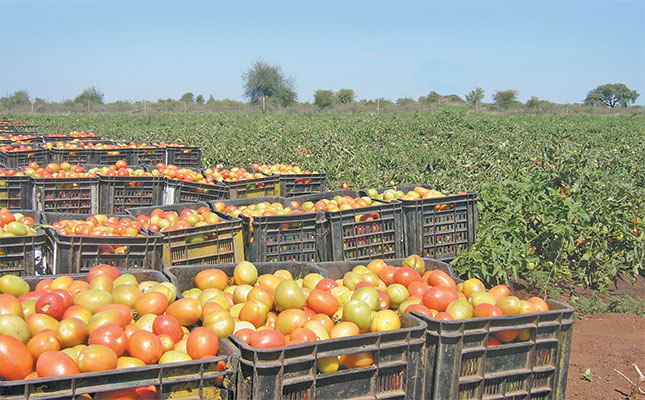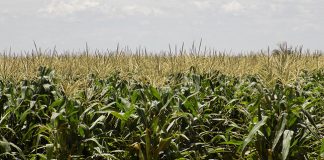
Best Fruit Processors (BFP), a joint venture between Beitbridge Juicing, a Schweppes Zimbabwe subsidiary, and the Agricultural and Rural Development Authority (ARDA), started processing tomato paste and fruit purees at Norton last year.
It has now shifted attention to a similar facility at Esigodini, 450km south of Harare.
Beitbridge Juicing holds a 70% stake in the agro-processing business, whereas ARDA’s shareholding is 30%.
About 2 250 outgrowers supplied tomatoes, guavas, mangoes and butternut to the Norton plant, and 3 328 farmers are expected to provide the same crops to the Esigodini facility.
“We think we did well at Norton last year and we expect to do better this year,” ARDA board chairman, Basil Nyabadza told Farmer’s Weekly. “All machinery has now been moved to Esigodini and about US$10 million will be invested there. We want to challenge our farmers to take this as an opportunity to market their produce.”
The Norton plant, with an installed capacity to process 30 000t of fruit yearly, expects to handle 20 000t of raw fruit this year.
BFP board chairman, Nicholas Ncube, told journalists on a tour of the Norton facility on 19 March that the company was installing machinery at Esigodini and mobilising outgrowers to provide tomato and fruits for processing.
“Significant progress has been made in stabilising the value chains at the Norton plant to enable the key lessons to be applied to the Esigodini project. Preliminary works for the new processing plant, agronomy assessments and out-grower mobilisation are planned to commence this quarter,” he said.
About 70% of the output from both plants would be exported and 30% would be sold locally.
Ncube said that tomato processing should resume at Norton in June after growing of the crop was disrupted by the incessant rains that fell in Zimbabwe between December 2016 and early March 2017.
To improve the flow of raw fruit and tomato to both processing plants, BFP was boosting its contract scheme under which the company would supply inputs to farmers, he said.
Farmers in Umzingwane rural district, under which the Esigodini plant falls, are set to benefit from the investment, according to the local authority’s chief executive officer, Ndumiso Mpofu.
“This is one of the biggest investments into our district, which will help develop the district and create jobs for our people. Farmers will provide produce, and ordinary people will work at the processing plant. We expect that first preference for jobs will be for people in the district [and] the same for crops to be processed. We expect farmers from the district to contribute a larger chunk of the raw fruits to be processed. Also, council will get more revenue through taxes from the investment,” he said.













